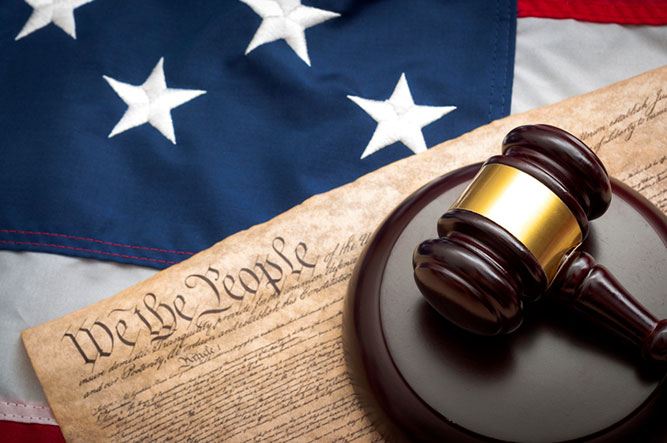When a person says or writes something about another person that they know isn’t true, it is considered to be defamation. Defamation is a false communication that hurts someone else’s reputation. You may not realize how much harm a false statement could have on a person.
The Nevada Constitution, Nevada’s common law, and Nevada Revised Statute 200.510 prohibit defamation. It’s important to understand the specific nuances associated with defamation, so you and your Las Vegas personal injury attorney law firm can build your case in the best light possible. Here’s what you need to know about Nevada’s defamation laws and your injury claim.
START YOUR FREE CONSULTATION
NO FEES UNLESS WE WIN!
What Is Defamation?
To win a defamation case, you must prove the following:
- The defendant made a statement about you
- The statement is false
- They didn’t have a privilege to make the statement
- The defendant made the statement with negligent, reckless or intentional disregard of the truth. This means that the defendant knew or should have known that the statement wasn’t true
- Your reputation is damaged as a result
The defamatory statement must be made to a third party. A person can make a defamatory statement using print, signs, pictures or the internet. The words must impeach another person’s honesty, integrity, virtue or reputation. It must expose the victim to public hatred, contempt or ridicule. A defamatory statement lowers the victim’s standing in the community or subjects them to unfavorable opinions or contempt from others.
Two Types of Defamation in Nevada
There are two types of defamation in Nevada: slander and libel. Both types involve untrue statements. The difference is that slander refers to statements that are spoken while libel refers to statements that are written.
Both types of statements are equally defamation with the same penalties. Practically, libel is easier to prove than slander because libel is written down. With libel, there’s a greater chance you’ll have a copy of the statement to offer as evidence.
Opinions Are Not Defamation
A defamatory statement must be a statement of fact. It can’t be an opinion. For example, if you say that someone is terrible at sports, that’s your opinion. You have a right to have and express your opinion. It’s not defamation. However, if you falsely say that someone cheated to win at a sporting event, that could be defamation.
What If It’s True?
A statement is not defamatory if it’s true. In fact, the truth is a common defense to allegations of defamation. You’re free to make factual statements about others as long as they’re true. Even statements that are exaggerated or generalized aren’t defamatory as long as the statement is true on its face.
Private and Public Victims
When it comes to defamation, it makes a big difference whether the person who is the subject of the statement is a public or private figure. People have more freedom to make statements about public figures. If a person is a public figure, it’s only defamation if they make the statement knowing that it’s false or if they recklessly disregard the probability that it’s false.
When a person isn’t a public figure, it’s defamation to make a false statement even negligently. This is all subjective. The jury has to look at what the defendant knew when they made the statement.
Business and Online Reviews
A business can be the victim of defamation. Just like defamation against an individual, it’s only defamation if it’s an untrue statement of fact. For example, posting online that you don’t like a restaurant is fair game. However, saying that there was a mouse in your soup when there wasn’t is defamation.
Damages
In all defamation cases, you can recover compensatory damages. Compensatory damages pay you for your actual losses. You demonstrate these losses by showing lost income, lost clients or other ways that you’ve actually lost money or opportunities because of the defamatory statements. You prove compensatory damages with accounting or even with the testimony of witnesses that they’ve decided to take their business elsewhere.
For some defamatory statements, you don’t have to prove damages. Defamation without damages is called defamation per se. False allegations that someone committed a crime, that they have a terrible disease, that a woman is promiscuous or an allegation that might hurt someone’s profession can all be defamation per se. In the case of defamation per se, you can recover without proving actual damages.
The Litigation Privilege
In the course of litigation, a person’s defamatory statement might be protected. A person that’s involved in litigation as a party, a witness or an attorney can speak without fear of facing liability for defamation. Of course, a person might be under oath and sworn to tell the truth. However, you generally can’t bring a defamation case against someone for what they say in regards to an official court proceeding.
The purpose of barring defamation claims for statements made in the context of litigation is to encourage people to speak freely during court proceedings. Not having to worry about defamation claims might make parties and witnesses more willing to speak openly and tell the truth as they see it.
What About Free Speech?

It’s true that you have a First Amendment right to freedom of speech. However, your rights aren’t absolute. The Nevada Constitution calls defamation an abuse of the freedom of speech. There are other limits on freedom of speech like limitations on making threats and time and place limitations on public gatherings.
Common Defenses
There are many common defenses to allegations of defamation. Some common arguments include:
- The statement is true
- The defendant didn’t publish the statement
- When the defendant made the statement, they weren’t negligent or disregarding the truth
- It’s not a defamatory statement. It’s just an opinion
- It’s an obvious satire and not meant to be taken seriously
- There’s a litigation privilege that protects the speaker
- It’s not a case of defamation per se, and there are no damages
What Can I Do If I’ve Been Defamed?
Whether someone has made a statement about you or your business, if you’re the victim of defamation, it’s a genuine personal injury. You have the right to collect fair damages.
It’s important to speak with a qualified injury attorney as soon as possible to get a better understanding of what options are available, and what strategy will work best for your specific circumstances. An experienced lawyer can help you understand what standards apply to your case and help you make a plan for fair compensation.
Areas We Service in Las Vegas, Nevada
Las Vegas Strip | Henderson | Anthem | Summerlin | Paradise | Spring Valley | North Las Vegas | Summerlin North | Summerlin South | Sunrise Manor | Nellis AFB | Desert Shores | Downtown South | Charleston | Richfield | Crestwood | Angel Park Ranch | Queensridge | Casa Grande Pines | Winchester | West Las Vegas | Green Valley North | Lake Las Vegas | Sun City Summerlin | La Madre Foothills | Tule Springs | Mac Donald Highlands | Green Valley Ranch
Adam S. Kutner reviews and testimonials
“I needed an attorney because I couldn’t deal with the accident on my own, so I needed someone else’s opinion about my accident.
Well I heard about Adam Kutner through an associate of mine and I chose to seek him because I heard of him before also, so I thought he would be the best option for me.
I was very happy with my settlement and it came quicker than I thought, in just a couple months I received a check in the mail.
When I recommend Adam Kutner I would tell them that the settlement comes very quickly, and he is very helpful with transportation and whatever else you may need.”
– Deborah Banks. 5/5 Stars
START YOUR FREE CONSULTATION
NO FEES UNLESS WE WIN!
SE HABLA ESPAÑOL
Call Now! Free Consultation!

Adam S. Kutner
PERSONAL INJURY LAWYER
With more than 34 years of experience fighting for victims of personal injury in the Las Vegas Valley, attorney Adam S. Kutner knows his way around the Nevada court system and how to get clients their settlement promptly and trouble-free.












